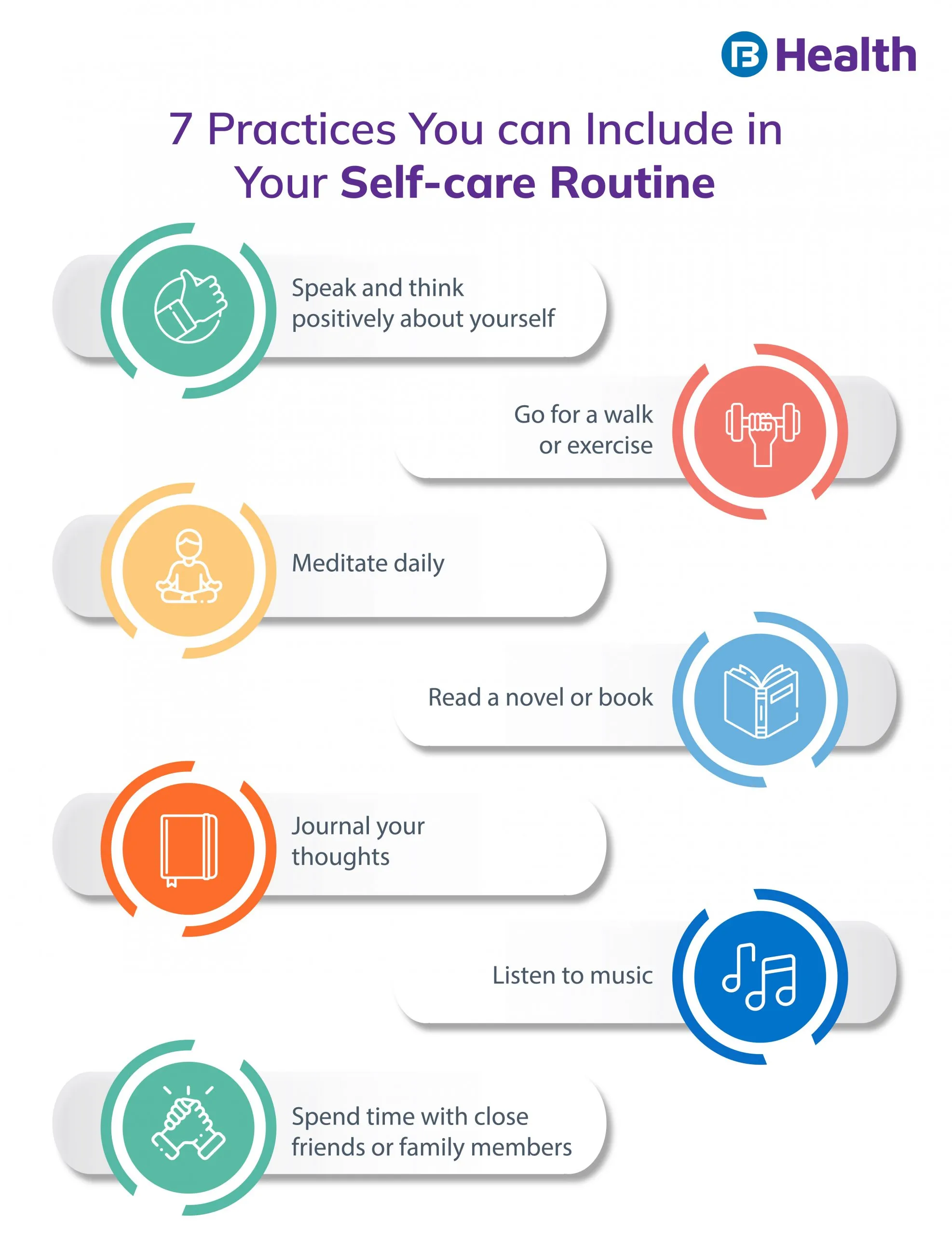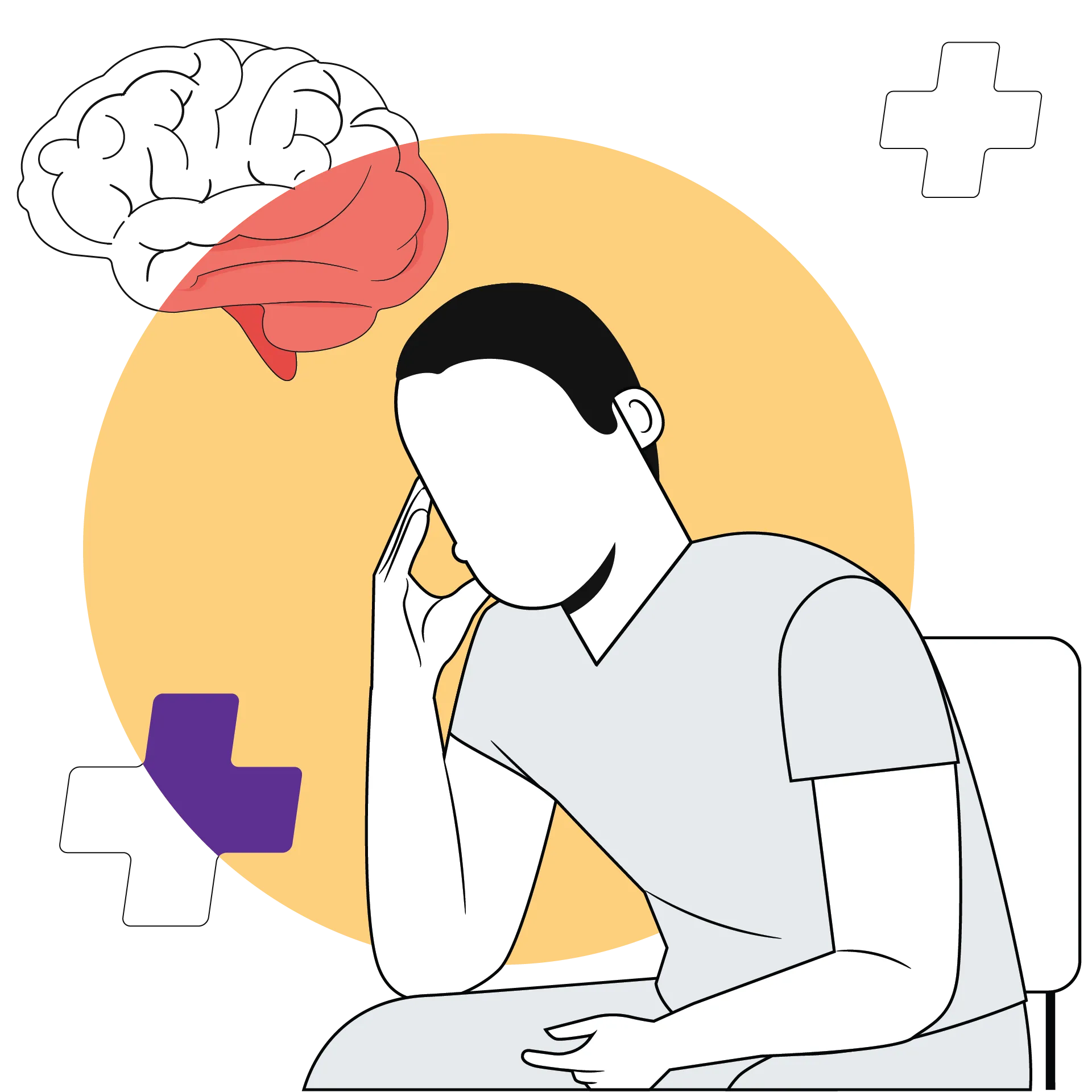Psychiatrist | 5 min read
8 Tips to Prepare For Summer Time Mental Health Challenges
Medically reviewed by
Table of Content
Key Takeaways
- Cognitive impairment is one of the mental health challenges faced in summer
- With summer depression symptoms, you may also experience anxiety and fatigue
- Identifying triggers can help you deal with summer mental health challenges
There are a lot of factors that can have a negative impact on your mental health. One of these factors is the changing weather. Like the winter season, summer can also present its own mental health challenges. The hot weather can make you more irritable, aggressive, or violent [1]. It can also affect your cognitive abilities like reaction time, memory, and attention [2].
Apart from these mood changes, summer SAD is also one of the mental health challenges faced by many. It is also known as reverse SAD in comparison with the winter SAD and may cause you to experience common depression symptoms. You may also experience anxiety, fatigue, restlessness, loss of appetite, and more.
The causes for the summertime mental health challenges are not yet clear. But they may be the results of fluctuation in serotonin and melatonin levels and certain medications [3]. There are certain measures that can help you better prepare and face these mental health challenges. Read on to know more about them.
Identify the triggers
When you know what your triggers are, it can help you form better-coping techniques. These coping techniques can help you reduce the negative impact they can have on your mental health. Mental health triggers are dependent on various factors and are different for everyone. Some possible triggers for mental health challenges during summer include:
- Heat
- Humidity
- Financial or emotional stress
- Intense exposure to direct sunlight
Seek shade and cool spaces
Though sunlight or outdoors, in general, can be good for you, at times, it can harm you more. It can be a trigger for depression symptoms or any other mental condition. You should especially stay in the shade or cool spaces if intense exposure to sunlight is your trigger. Apart from this, you can also try the following to keep your body cool:
- Stay hydrated
- Use hats, glasses, and lightweight clothes to protect yourself from the sun
- Use sunscreen in order to prevent sunburns

Practice body positivity
Light or fewer clothes are more common in hot months than in winter. If you have body image issues, you may encounter certain mental health challenges during this time, like social anxiety, panic disorder, and more. To get over this, you can practice body positivity by doing the following:
- Focus on things that you like about yourself
- Include positive affirmations and cut down on negative self-talk
- Stop comparing yourself to others
- Be surrounded by positivity
- Take in messages about body positivity
Form a routine
When you have a set routine that you follow regularly, you may feel more organized and motivated. But following or forming a routine can be difficult if you are experiencing depression symptoms. In such situations, you can start off by doing some basic tasks. These may include
- Getting out of bed
- Brushing and bathing
- Eating meals at the proper times
- Meditating or doing an activity that you like
This can help you make more motivated and achieve your other tasks throughout the day. Keep in mind that you take on things that you can do so you don’t push yourself too much. You can make use of apps, planners, or sticky notes to help you stick to your routine.
Make self-care a part of your routine.
Self-care is essential not only for your mental health but also for your physical health. When you practice self-care daily, it can help you be more effective and motivated to tackle your responsibilities and mental health challenges. Keep in mind that self-care is not the same as an indulgence, and you should allow yourself to do things that you like for yourself. You can start by putting aside 15 minutes from your schedule for your self-care routine. It can include anything you like as long as it is uninterrupted. When you do activities that help you replenish and recharge, it protects and restores your mental health.
Avoid unhealthy coping mechanisms.
When you try to tackle depression symptoms or any other mental illness, it may be easier to develop coping techniques that are harmful in the long run. These techniques can become habits that are hard to quit and harmful to your overall health. They can put you in a loop that gives you temporary relief but ends up worsening your mental health. Some unhealthy coping mechanisms are:
- Spending too much time in front of a screen (social media, games, TV)
- Constantly blaming yourself
- Eating when you are not hungry
- Drinking or consuming harmful substances

Get enough sleep
Summertime blues or reverse SAD may make you more prone to irregular sleep patterns or insomnia. Other than this, warm nights and sunny days can also interfere with your sleep cycles. Sleep deprivation can harm your mental health and is one of the many challenges faced by mental health patients. You can tackle this by regulating and prioritizing your sleep. For this, you can take the help of the following:
- Apps that help in relaxation
- ASMR videos and audios
- Sleep stories
- White noise or natural sounds
While these tips can help you deal with mental health challenges during summer, remember to talk to a mental health professional. Book a doctor consultation on Bajaj Finserv Health in minutes and get help from the comfort of your home. A psychologist or psychiatrist can help you better identify your triggers and thoughts. They can also help you form a routine that works the best for you. By giving proper attention to your mental health, you can lead a better, healthier, and more productive life.
References
- https://www.psychologicalscience.org/observer/global-warming-and-violent-behavior
- https://www.psychiatry.org/newsroom/news-releases/extreme-heat-contributes-to-worsening-mental-health-especially-among-vulnerable-populations
- https://www.npr.org/2019/09/04/757034136/how-high-heat-can-impact-mental-health
Disclaimer
Please note that this article is solely meant for informational purposes and Bajaj Finserv Health Limited (“BFHL”) does not shoulder any responsibility of the views/advice/information expressed/given by the writer/reviewer/originator. This article should not be considered as a substitute for any medical advice, diagnosis or treatment. Always consult with your trusted physician/qualified healthcare professional to evaluate your medical condition. The above article has been reviewed by a qualified doctor and BFHL is not responsible for any damages for any information or services provided by any third party.





